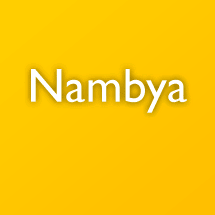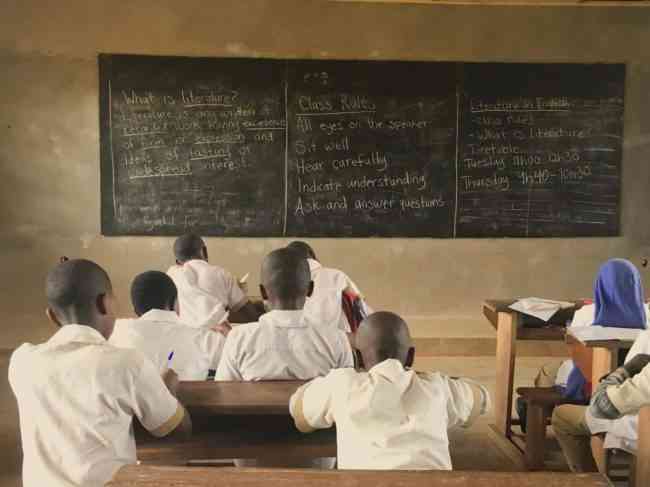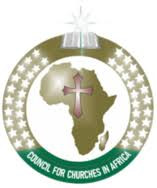
THE country faces a serious shortage of Nambya teachers as the language has not yet been included in the curriculum at Hillside Teachers College in Bulawayo despite government promises.
This emerged in Parliament on Wednesday when Hwange East legislator Joseph Bonda demanded answers on the progress the government has made in introducing the subject at Hillside Teachers College.
Higher and Tertiary Education deputy minister Simelisizwe Sibanda confirmed that Nambya has not been included in the curriculum.
He said the college had introduced four indigenous languages — Tonga, Kalanga, Sotho and Venda — in its curriculum.
“These programmes are designed to equip trainee teachers with the linguistic and cultural competencies necessary to serve diverse communities effectively,” Sibanda said.
“Regarding the Nambya language, the college is actively working towards its incorporation to the curriculum.”
Sibanda said Hillside had, however, engaged Great Zimbabwe University — which produces graduates for indigenous languages — in the hunt for Nambya language lecturers.
He said the programme was likely to start in January 2026.
- South Africa’s $1m shopping-spree student jailed
- Travelling & touring: Wither Nambya community museum?
- Travelling & touring: Wither Nambya community museum?
- Travelling & touring: Heritage sites in dire need of preservation
Keep Reading
Sibanda said government was aware of the importance of integrating local languages to the education system to foster inclusivity.
“However, I wish to assure the House that the ministry is providing full support to expedite this process ensuring that Nambya is introduced without further delay,” the deputy minister said.
“The ministry has taken significant steps to institutionalise the teaching of indigenous languages across higher and tertiary institutions.”
According to Sibanda, the ministry has directed all higher and tertiary institutions to introduce at least four indigenous languages in their curricula.
“The other initiative is around the National Language Institute,” he said.
Sibanda said the ministry remained committed to advancing linguistic diversity and cultural preservation.
“The ministry remains committed to working collaboratively with all stakeholders to achieve these goals,” he said.









